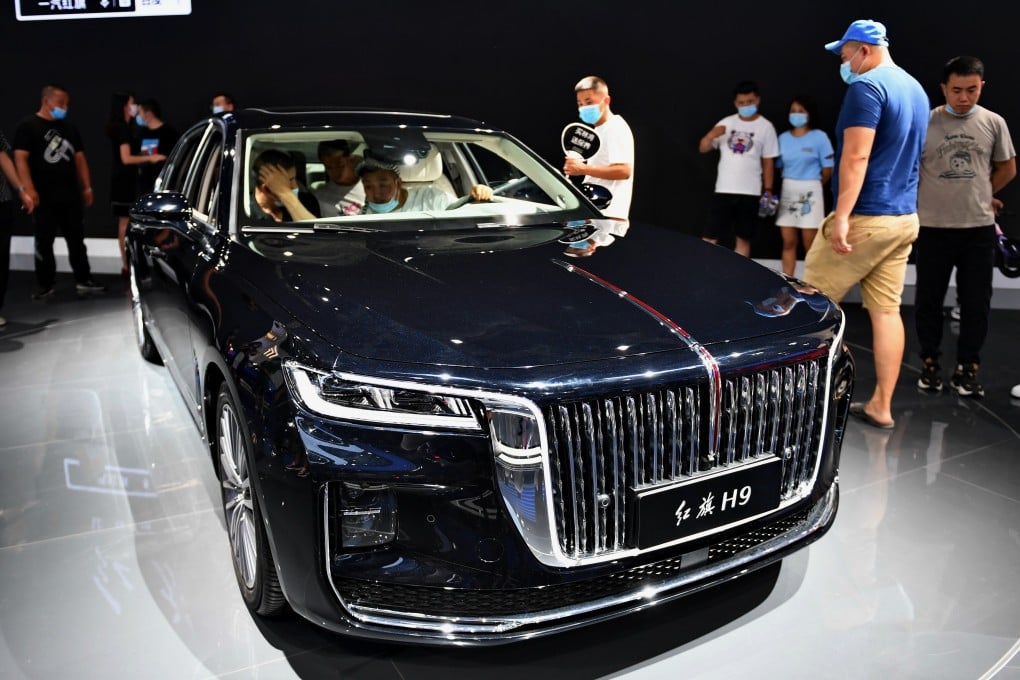US-China relations: bankrupt, broken America has no room to talk
- If China is held captive by a bankrupt ideology, as Mike Pompeo claims, how do you explain its spectacular economic achievements and growing power?
- The US cannot win any new Cold War by demonising an ascendant China instead of addressing its own chronic problems and getting its house in order

If China is held captive by a bankrupt ideology, how do you explain its spectacular economic achievements? If the US represents the pinnacle of virtue, how do you explain its many social problems, laid bare by Covid-19?
If China is so totalitarian, why do so many Chinese students studying abroad happily return from the “free world” to China every year after obtaining their foreign degrees? Why did Chinese students rush back from the US in the middle of the pandemic?
Western TV programmes accessible in East Germany might have contributed to German reunification. Western media is banned in North Korea, but not for the ruling Kim family and perhaps its inner circle.

00:48
‘Frankenstein’ China requires more assertive global response, says US top diplomat Pompeo
